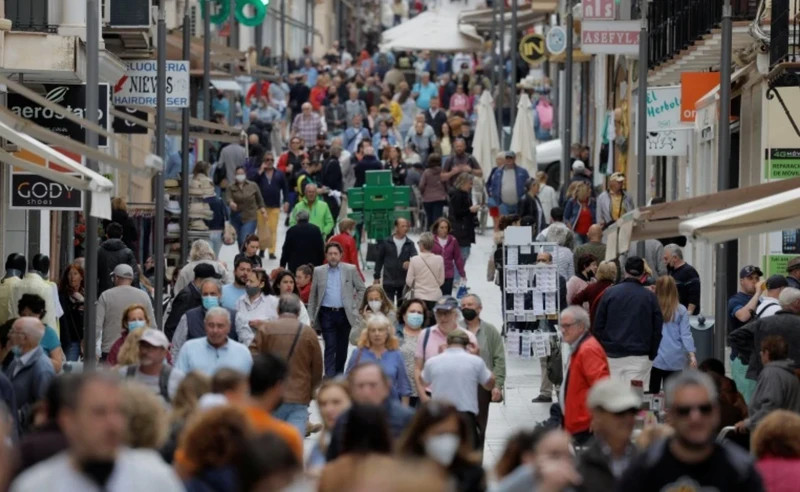Before officially taking over the responsibility from Belgium, Hungary announced its goals during its presidency of the EU Council, starting from July 1. With the slogan “Making Europe Great Again”, Hungary set out seven priorities, including strengthening the EU's competitiveness; developing the European defence industry and defence procurement cooperation among EU members; uniting the EU; limiting illegal immigration and protecting the EU's borders; supporting the farmer-centred agricultural policy of the EU; addressing the issue of future enlargement; and finding solutions to the population puzzle.
Analysts said Hungary's priorities for the upcoming tenure cover a series of "hot issues" for the EU. Budapest assumes the role of President of the EU Council, in the context of Europe facing many “headwinds”, such as the decline in competitiveness, illegal immigration, rapid population ageing, climate change, etc. Permanent Representative of Hungary to the EU Balint Odor, stressed that compared to the term that the country took over more than 10 years ago, the geopolitical context in Europe has changed greatly and the Old Continent is facing many challenges. The number of “hot issues” that Hungary has to deal with in the upcoming term has increased significantly compared to 2011. In this context, Hungary has set the goal of finding solutions to remove difficulties on the current thorny development path of the EU.
To realise its goals, Hungary has identified the adoption of the EU's new competition agreement as a top priority. In recent years, the negative impacts of high inflation, rising public debt, escalating energy prices, and disrupted global supply chains, have derailed the growth trajectory, causing the decrease of the EU economy’s competitiveness. EU leaders also mentioned this situation at April's extraordinary summit. At the summit, the report on the future of the European common market emphasised, that all statistics pointed to a worrying reality, that the competitiveness of the 27-member union is declining and if prompt solutions are not implemented, the EU economy will face the risk of falling behind in the global race. To reverse this trend, Hungary wants to improve Europe's competitiveness by increasing labour productivity, stabilising the labour market, supporting small and medium-sized enterprises, developing the domestic market, and promoting the green transition.
Along with the economy, preventing illegal migration is a major challenge and priority for Hungary, as President of the EU Council. This has been a painful issue, which has not yet been resolved in the EU, leading to many disagreements among the members. Hungary affirmed it will find ways to deal with the root causes of illegal migration, through cooperation among relevant countries, while tightening the management of the EU's outer borders.
In addition, analysts said that defence policy, the bloc's expansion process, agricultural policy and population ageing will be tests for Hungary in its role as "captain", as well as the solidarity of the 27-nation European Union, in the near future.
Many experts believe that the challenges during Hungary's term as President of the EU Council are even more complicated as in recent times, there have been many disagreements between Budapest and other members, especially the issue of migrants. Most recently, the European Court of Justice (ECJ) ordered Hungary to pay a fine of 200 million EUR for failing to comply with the bloc's refugee regulations. Hungarian Prime Minister Viktor Orban immediately objected to the ruling and said that the EU had not put the interests of the citizens of the Old Continent first.
The logo of the Hungarian presidency of the EU Council is a stylised Rubik's cube. Analysts said that handling the current overlapping challenges of the EU is like turning a Rubik's cube, requiring the ingenuity and determination of the “captain” and members, towards finding solutions to difficult problems and maintaining the unity of the Blue Flag Alliance.
















